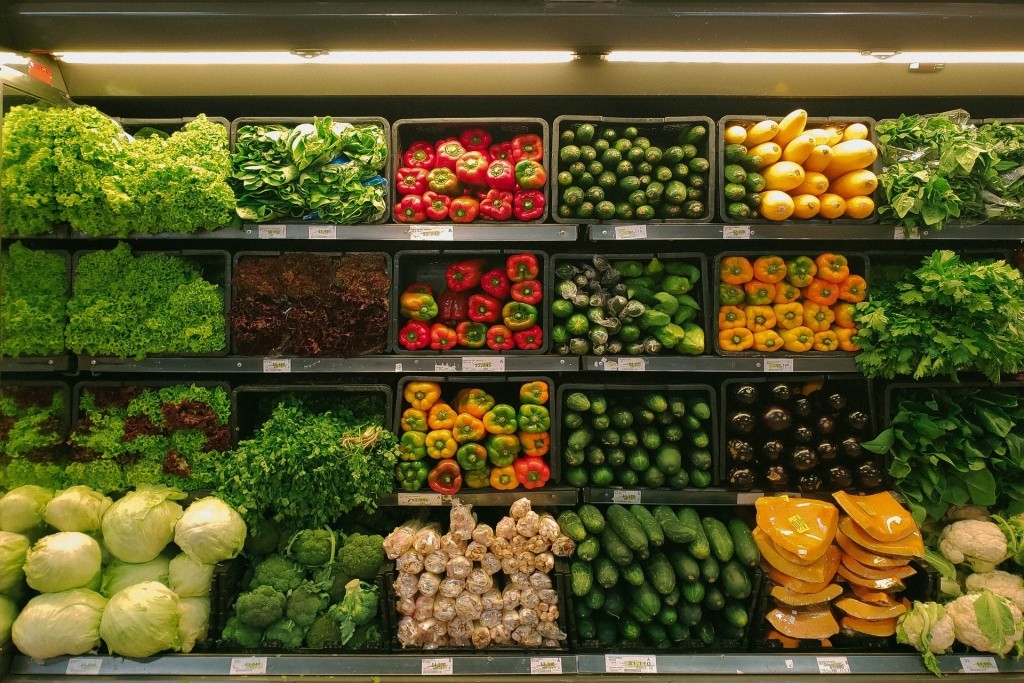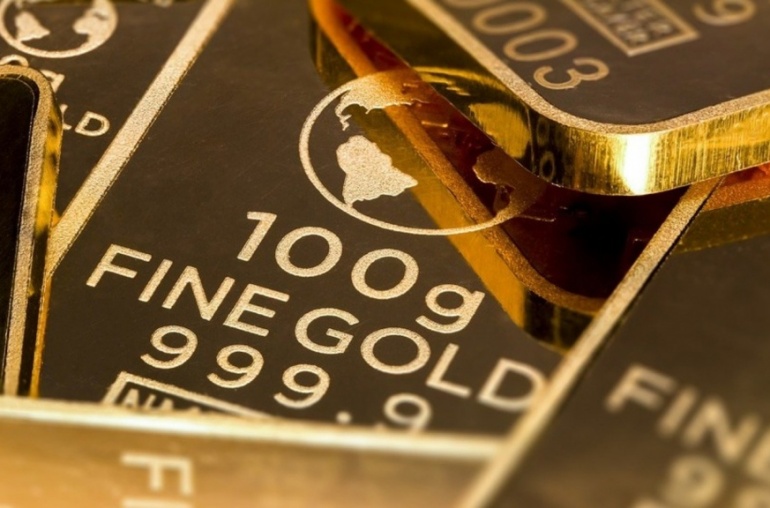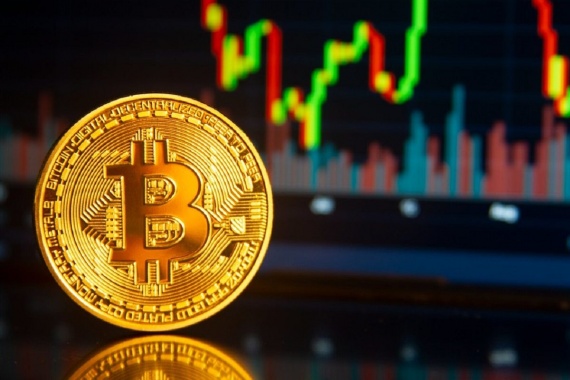
Up to about a week ago, I never really put much consideration into grocery shopping. Growing up, all I had to do was purchase a list of items needed in the household belonging to several brands, handed over to me by my family (yes, yes and besides the occasional additions of personal snacks), without much thought about it.
Things have changed. Now, as I have just moved out and purchased my first apartment, I made my first exciting trip to my neighbourhood Singapore supermarket to stock up on groceries. It was the longest time I have spent doing grocery shopping! How much time can anyone spend on grocery shopping, you may ask. Apparently one can be sucked into the endless vortex of grocery shopping for quite a while, because now I have the option to choose the brands and products that I want without being asked to go back to change it because I got the “wrong one”. I’m sure most of us have been chided by our parents at some point for getting the wrong brand of products or for mistakenly identifying one fish for another.
I was at the almighty cereal section when I remembered an article a close friend of mine shared about my favourite Honey Smacks cereal by Kellogg Co. issuing an international recall concerning a Salmonella outbreak in June 2018. Since then, I have yet to purchase the same cereal. Am I just being paranoid? It should be okay to consume it now, right? What about the other outbreaks and recalls? Are all the items in my shopping cart safe? These were all the questions running through my head.
Being in the blockchain industry has allowed me to see how blockchain technology can solve this problem I faced. I am certain many other consumers would also like to know where their food is produced or if it is safe before it is served on the plate. An average of 10% of the global GDP is contributed by the Agriculture industry which is growing at a rapid pace fuelled by the rising demands for food as the current 7.3 billion world’s population is expected to become 9.7 billion by 2050.
After the food leaves the farm for the market, it becomes a part of a vast supply chain involving a lot of intermediaries. The importance of sustainability is on the rise with 6 in 10 consumers say it is important to them that the food they purchase or consume is produced sustainably, an increase from 50% who said the same in 2017 according to a 2018 Food and Health Survey Report – Food Insight. Several issues highlighted in the paper include food safety, food fraud, unethical production practices, lack of transparency, distribution inefficiency, and more.
Is Blockchain the answer to enhance the Agricultural Supply Chain and help improve efficiency and increase trust in supply chains on a global scale?
TRUST, IMMUTABILITY, AND TRANSPARENCY
Supply chains have understandably been one of the hottest areas for blockchain development, as the current system is plagued by a host of problems, from outdated record-keeping to ethical concerns.
Information gathered by suppliers will be open and accessible through technology that offers real-time, end-to-end traceability from farm to table. Blockchain allows for digitized sharing of data in a secure and trusted way.
In 2018, we have already seen a large outbreak of E. coli in romaine lettuce and Salmonella in several products from eggs to breakfast cereal. It’s crucial to respond quickly and accurately to food safety issues like these. Instead of taking a week to hunt down information about potential Salmonella in a product, blockchain tracking takes only a couple of seconds — Walmart Deploys Blockchain to Track Leafy Greens.
Beyond causing more than 150 people to become sick, the E. coli outbreak caused huge losses to growers, a drop in sales for retailers, and disrupted supply chains as restaurants scrambled to find romaine lettuce alternatives — and the impact could linger, according to a report from the Wall Street Journal.
Exciting times are ahead and I am looking forward to seeing blockchain solutions solve more of these real-world problems!
Here are some notable companies looking to solve these issues:
Ripe – Improving visibility for food supply chains.
OriginTrail – Blockchain driven provenance solutions.
Walmart – Can now trace the origin of over 25 products from 5 different suppliers using a system powered by IBM’s Hyperledger Fabric.
Coca-Cola – Building blockchain platforms to help ensure ethical sugar production.
Unilever – Working with Provenance to track tea in Malawi
Carrefour – Working on a blockchain to help trace product origin.


